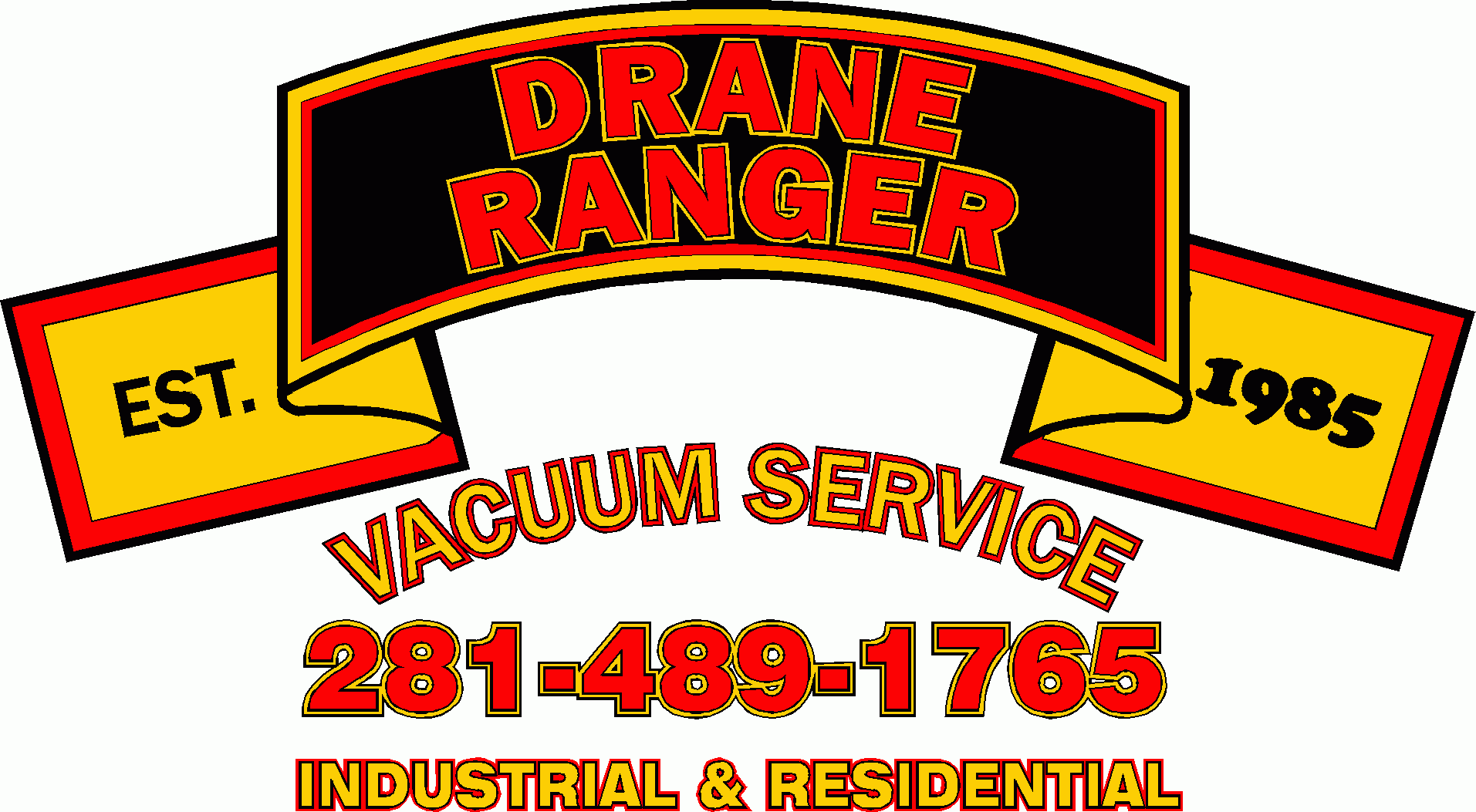When Was the Last Time the Tank Was Pumped?
Generally speaking, a septic tank needs to be pumped by a tank cleaning company every two to three years. You may need to have it cleaned more frequently, depending on how many people live in your household and how old your septic tank is.
If it’s been more than three years since your septic tank was serviced by a professional septic tank cleaning service in Alvin, TX, don’t delay. Chances are, your tank is long overdue for proper cleaning.
Are You Expecting Guests in the Near Future?
If you’re anticipating heavy septic tank use shortly—maybe your entire extended family is coming to visit (gulp)— it’s a good idea to have your septic tank cleaned and ready for action. If you’re local, you can call a professional septic tank cleaning company, and they will advise you as to what you need to do to prepare for the heavier influx of sewage. Getting your septic tank cleaned means you’ll have one less headache to worry about.
Is there a Bad Smell?
One sure fire way to know if you need to call a septic tank cleaning company in Alvin, TX, is if there’s a bad odor coming from your lawn, or any other area surrounding your septic tank. If there’s a major problem with your septic tank, you are going to smell it. Make sure you contact a septic tank cleaning company right away so that you don’t—ugh—see it.
Are You Worried Tree Roots Are Clogging Your Septic Tank’s Drainage Lines?
Tree roots are a leading cause of pipe blockages, and your septic tank is no exception. If you have a lot of trees on your property, you’ll want to ensure that they aren’t causing any trouble underground. Even if you’ve had your tank cleaned in the last two years, you may want to call a septic tank cleaning service in Alvin, TX, to ensure that tree roots aren’t going to cause you any expensive damage in the near future.
Is Your Yard Wet but It Hasn’t Rained?
If your yard is wet but it hasn’t rained (or you haven’t had the sprinklers on), no—it’s not a new weather phenomenon – your septic tank is most likely leaking sewage. A squishy, lush lawn may just mean that you are long overdue to have a professional septic tank cleaning company in Lavin, TX come out and take a look at your tank to see if everything’s working properly or, if not, to clean or repair your tank.
If you live in Alvin, TX, and own a septic tank, you need to make sure it’s properly functioning at all times. Don’t wait for these indicating signs to tell you it’s time to clean your septic tank. Call a professional today, so that you can avoid expensive repairs and smelly messes. No one wants to deal with a septic tank problem, except for the professionals whose job it is.
